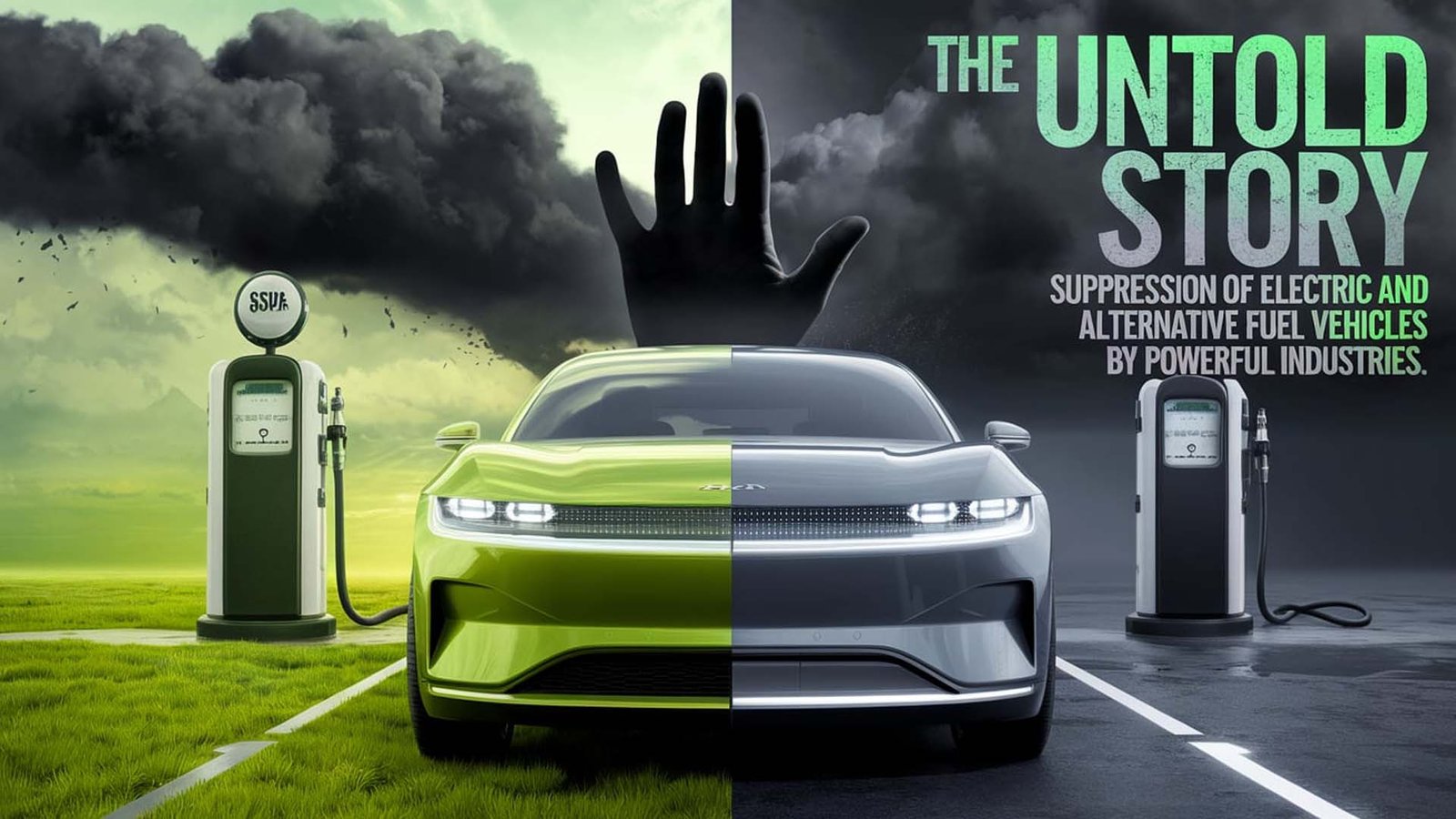The suppression of electric and alternative fuel vehicles forms one of the largest chapters in the history of automotive technology. Once popular in the early 1900s, electric cars were virtually wiped out by protectionist efforts of both the government and the industry to keep the hegemony of gasoline technology. The report examines some of the main causes for this suppression, the involvement of the oil industry, and the very fascinating story of Stanley Meyer’s water fuel cell, which underlines even more what was done to keep gas in its prime.
Early Popularity of Electric Cars
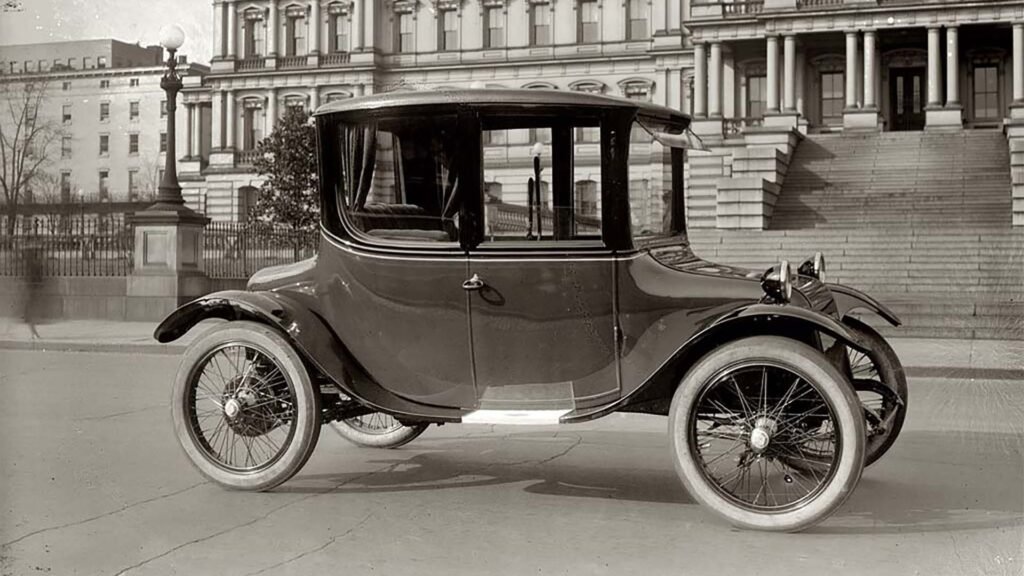
Indeed, during the early 1900s, electric cars composed one-third of the vehicles throughout the United States. However, the suppression of electric and alternative fuel vehicles by influential industries put drastic declines into these cars’ representation on the roads. Today, electric cars compose less than one percent of all vehicles on the road, an apparent long-term effects of their suppression.
Government and Oil Industry Influence
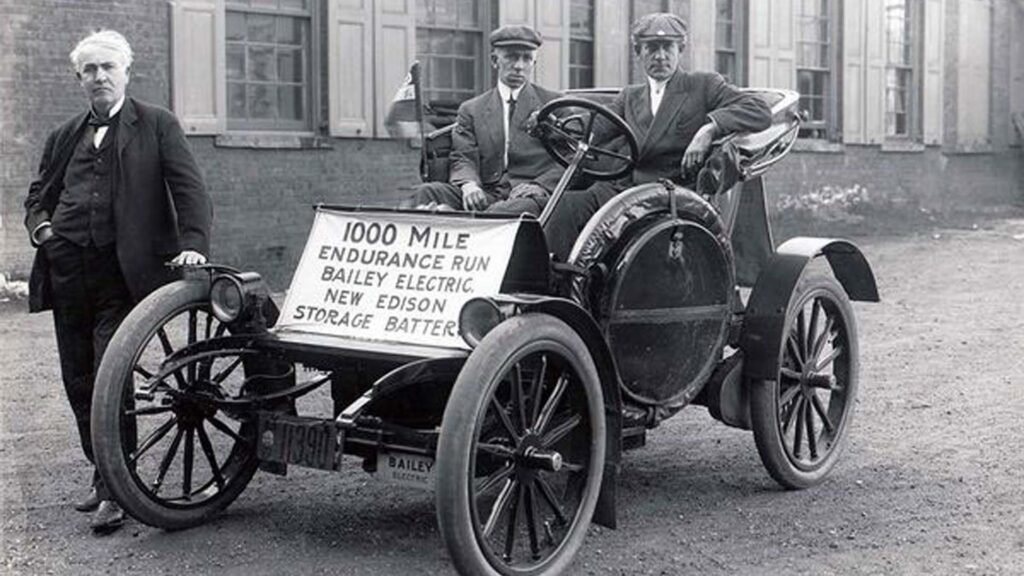
The government and the oil industry provided the incentives for suppressing electric and alternative fuel vehicles since each was going to be a loser resulting from the growing financial success of the electric vehicle. Indeed, huge investments in gasoline technology and infrastructure produced laws and regulations favorable to gasoline-powered automobiles, securing market dominance for such cars.
The Case of Stanley Meyer

This adds another layer to the suppression of electric and alternative fuel vehicles with the invention of a water-powered car by Stanley Meyer in the 1980s. The story now turns a bit dark in the case of Stanley Meyer. Meyer invented a water-powered car back in the 1980s. His water fuel cell did have the capacity to split water into hydrogen and oxygen and could have changed the auto industry. There was some pretty strong opposition to Meyer.
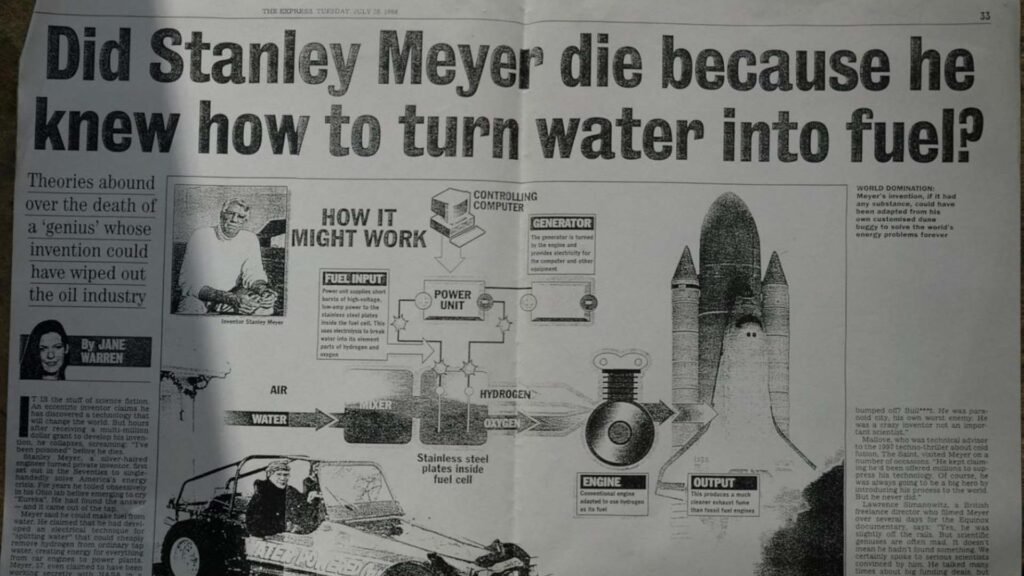
He was sued, his patents revoked, and he received numerous threats. In 1998, Meyer suddenly died after gulping cranberry juice while exclaiming in broken voice, “They killed me”, many times as he died. His water engine technology disappeared from view after his death, much like early suppression of electric cars.
Technological Advancements and Environmental Impact
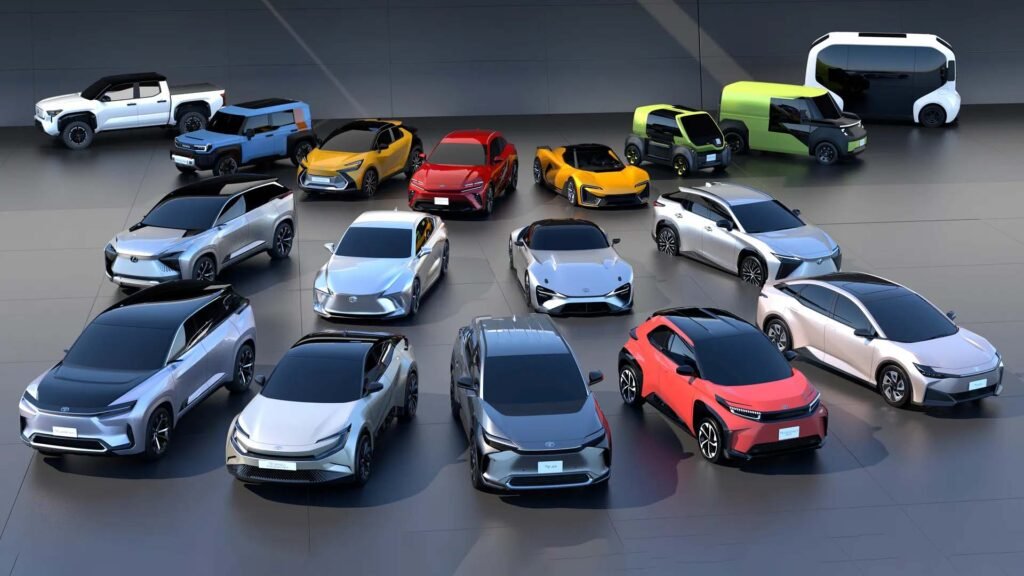
The suppression of electric and alternative fuel vehicles has left their lasting impacts on the environment. At the same time, dominance by gasoline-powered vehicles has contributed to pollution and the current change in Earth’s climate. Current events in electric vehicle resurgence hint at what could have been, had that suppression not have occurred-so great would the reduction in carbon footprint be.
The suppression of electric and alternative fuel vehicles shows the power of industries and governments over technological advances. By ensuring gasoline-powered cars would reign supreme, they sculpted what the automotive landscape would look and feel like for decades to come. As electric cars make their comeback, their suppression stands as a stark reminder of what can hold progress back.
Join the Conversation
Your thoughts on the suppression of electric and alternative fuel vehicles? Do you believe the narrative of their suppression is true? Join the conversation by leaving a comment in the section below. We’d love to hear from you and continue this important discussion.

